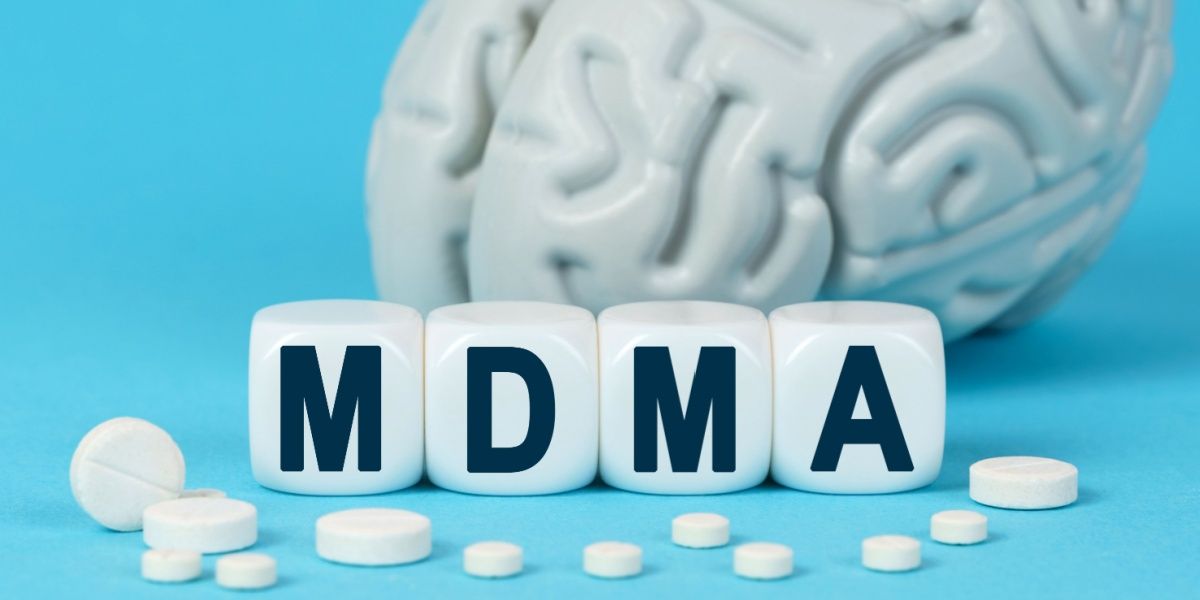Voters in Colorado have approved a measure to legalize the medicinal use of psilocybin mushrooms and to decriminalize possession of the drug and other psychedelics.
.jpg?v=1722513244)
Psilocybin healing centers to open by late 2024
Proposition 122 was narrowly approved at the polls last week, with 53% of voters in favor. The measure requires the state to establish a system for licensing psilocybin healing centers, where Coloradans 21 and over can take mushrooms under supervision.[1]
Under the Regulated Natural Medicine Access Program, mental health facilities and addiction treatment centers could apply for these licenses to offer psychedelic treatment.
Regulated access to psilocybin and psilocin—the active ingredients in magic mushrooms—will be introduced by late 2024. The state Department of Regulatory Agencies will also consider whether to expand access to three other plant-based psychedelic substances—DMT (the active ingredient in ayahuasca), mescaline (a hallucinogen derived from a species of cacti), and ibogaine (a psychoactive substance present in an African tree, being researched as a treatment for addiction)—by June 2026.
Related: A Historic Turn: The VA Allocates First MDMA-Assisted Therapy Funds in Over Five Decades
“Colorado voters saw the benefit of regulated access to natural medicines, including psilocybin, so people with PTSD, terminal illness, depression, anxiety, and other mental health issues can heal,” the measure’s co-proponents, Kevin Matthews and Veronica Lightning Horse Perez, said in a statement.[2]
Additionally, the personal use, possession, growth, and transport of natural psychedelics will be decriminalized for adults over 21. The retail sale of psychedelics will remain prohibited—a distinction from the state's cannabis policy.
Psilocybin isn’t FDA approved—yet
Psilocybin remains a Schedule 1 drug under federal law, with no FDA- approved medical use. However, positive results in research trials, including a major clinical trial that found one dose of psilocybin can alleviate symptoms of treatment-resistant depression for up to 12 weeks, have put psychedelics on regulators’ radars. [3] President Joe Biden’s administration “anticipates” that psilocybin will win FDA approval for depression within the next two years.[4]
But Luke Niforatos, chairman of Protect Colorado’s Kids, which opposed the measure, said Colorado voters have “rejected the FDA process.”
“We now need to have a very frank and public conversation about who is in charge of medicine,” he said. Pointing at backers of the proposition from outside the state, he said “billionaires, startups, and entrepreneurs” have seized control of medicine in the state instead of “scientists, medical doctors and the FDA.”[5]
Natural Medicine Colorado, which got the measure on the ballot, spent nearly $4.5 million to sway voters. Protect Colorado’s Kids spent around $51,000 during the campaign.
Niforatos said he was concerned that the opening of psychedelic healing centers will normalize the taking of drugs among Colorado’s teens. However, local officials in Denver, where personal possession of magic mushrooms have been was made a low law enforcement priority in 2019, said decriminalization “has not since presented any significant public health or safety risk in the city.”[6, 7]
Colorado follows the state of Oregon, where in 2020 voters approved the legal access to psychedelics in medical centers and decriminalized personal possession of all drugs, including psychedelics.


-blog-detail.jpg?v=1722513223)
-blog-detail.jpg?v=1722513210)
